CAS Strategy
Seven strategic provide a road map for how the College of Arts and Sciences can focus on its priorities as Oregon’s premier liberal arts institution. These initiatives and corresponding tactics will clarify the college’s path forward as it continues the impact and work it does while capitalizing on its strengths.
Developed with feedback and support from the CAS community, this five-year strategy is centered on preparing students for an ever-changing job market and increasingly complex world, while contributing meaningfully to discovery, understanding, and the public good.
The strategy is intentionally aspirational and bold, but setting ambitious goals allows the college to move further and accomplish more than if these goals were modest and easily achievable.
The success of the strategy doesn’t depend on a few leaders—it depends on all of us. And the benefits of these outcomes will make the college a better place for all.
Strategic Priority 01
Deliver on the promise of a 21st-century liberal arts education
Partner with campus leaders to re-imagine the essential liberal arts principles and curriculum that best prepare students to address pressing contemporary problems and for a lifetime of contribution to their local communities, the state, and the world. Expand opportunities for experiential learning and career discovery. Promote and champion excellence and innovation in teaching. Raise visibility of the value of a University of Oregon liberal arts education.
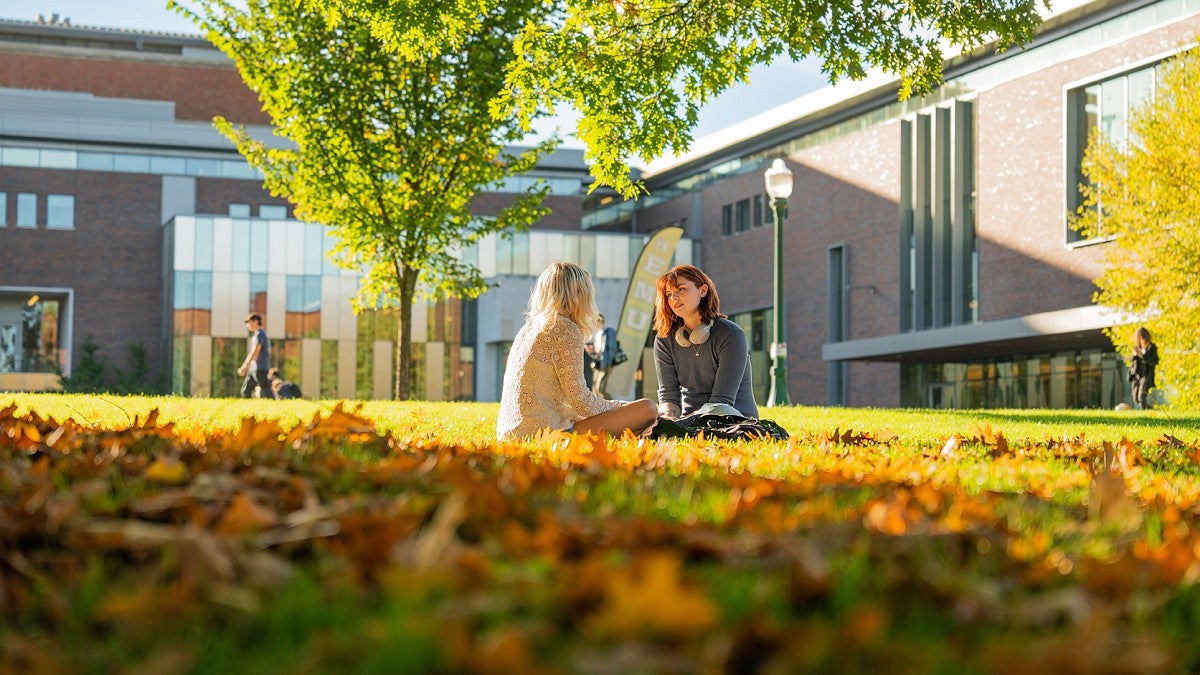
To achieve this goal, we will:
- Develop a common vision of 21st-century liberal arts education that prepares students for contemporary opportunities and challenges and embed that vision in the CAS curriculum.
- Optimize the undergraduate curriculum to improve degree progression.
- Integrate career preparation and experiential learning into the CAS curriculum, ensuring students develop - and can articulate - key career competencies as part of their academic journey.
- Build on CAS’s record of excellence and innovation in teaching.
Strategic Priority 02
Create a student-centered, holistic and collaborative undergraduate advising model
Prioritize effective academic and career advising. Work together to ensure that undergraduate students are well-supported in moving through their chosen curricula, connected with resources they need to flourish as part of the CAS community, and well-prepared for the future upon graduation.
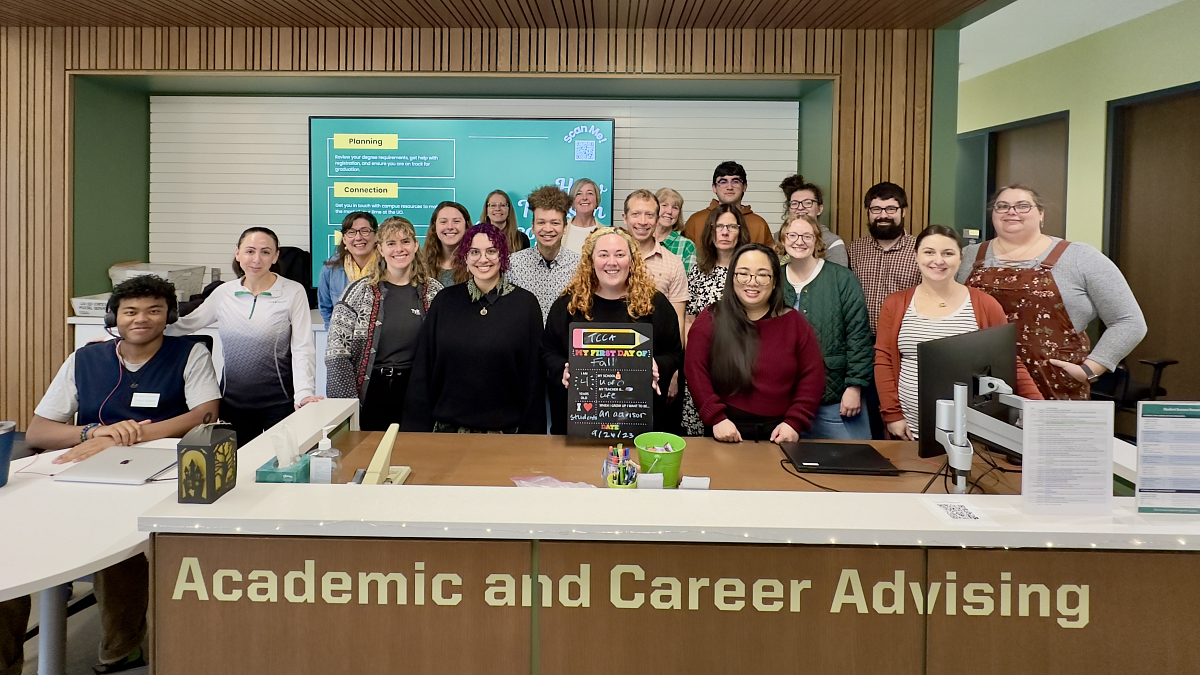
To achieve this goal, we will:
- Define and communicate the advising mission to cultivate student success.
- Develop and integrate advising milestones and resources that guide students and support consistent practices across CAS.
- Develop programming to promote student belonging and engagement, and foster career readiness.
Strategic Priority 03
Re-imagine the graduate student experience
Conduct a thoughtful and rigorous programmatic evaluation of CAS graduate programs. Identify and remove barriers to timely degree progression. Increase emphasis on the College’s role in preparing graduate students to contribute as scholars and professionals and fostering a supportive and respectful climate that promotes their growth and emergence as scholarly peers.
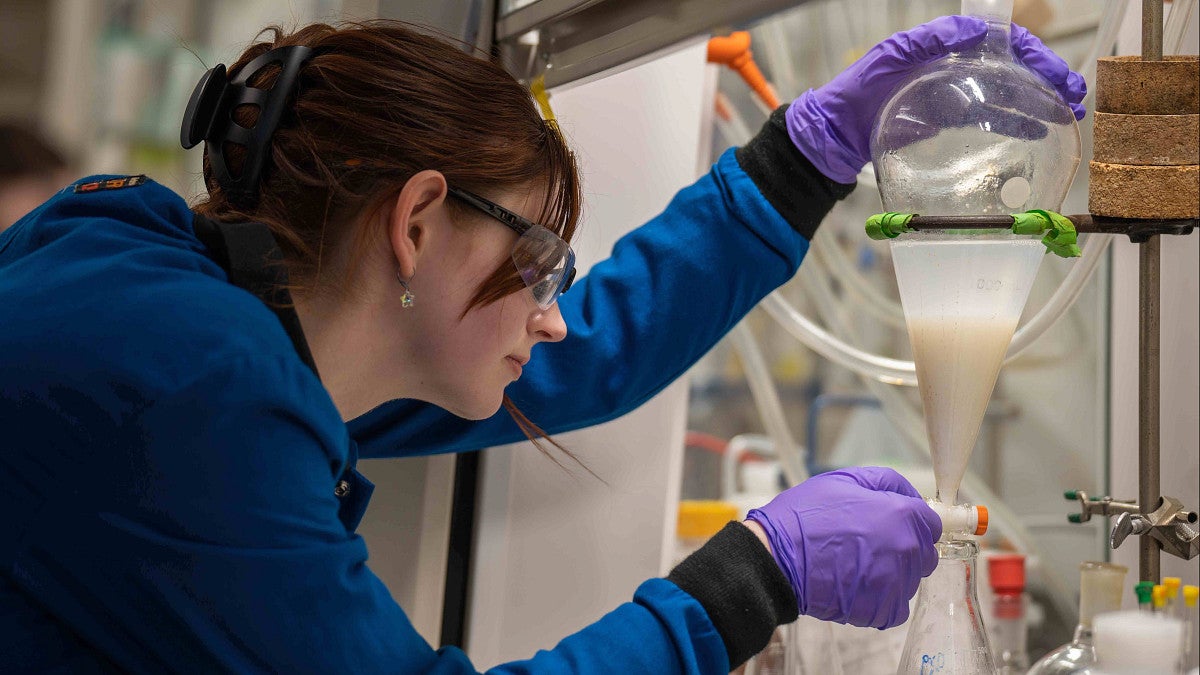
To achieve this goal, we will:
- Shorten time to degree and raise cohort completion rates across CAS.
- Adopt best practices in graduate advising and mentoring.
- Increase opportunities for graduate student career and professional development.
Strategic Priority 04
Capitalize on current and emerging strengths
Invest in areas where CAS has established — or is well-positioned to develop — a national reputation. Engage CAS departments and other schools and colleges in a deliberative process to determine the cross-cutting themes where CAS has the capacity to excel. Identify hiring priorities and resource allocation decisions that will have a multiplying effect on our research impact and standing. Showcase the impact of our cutting-edge research and history of scholarly leadership and creativity.
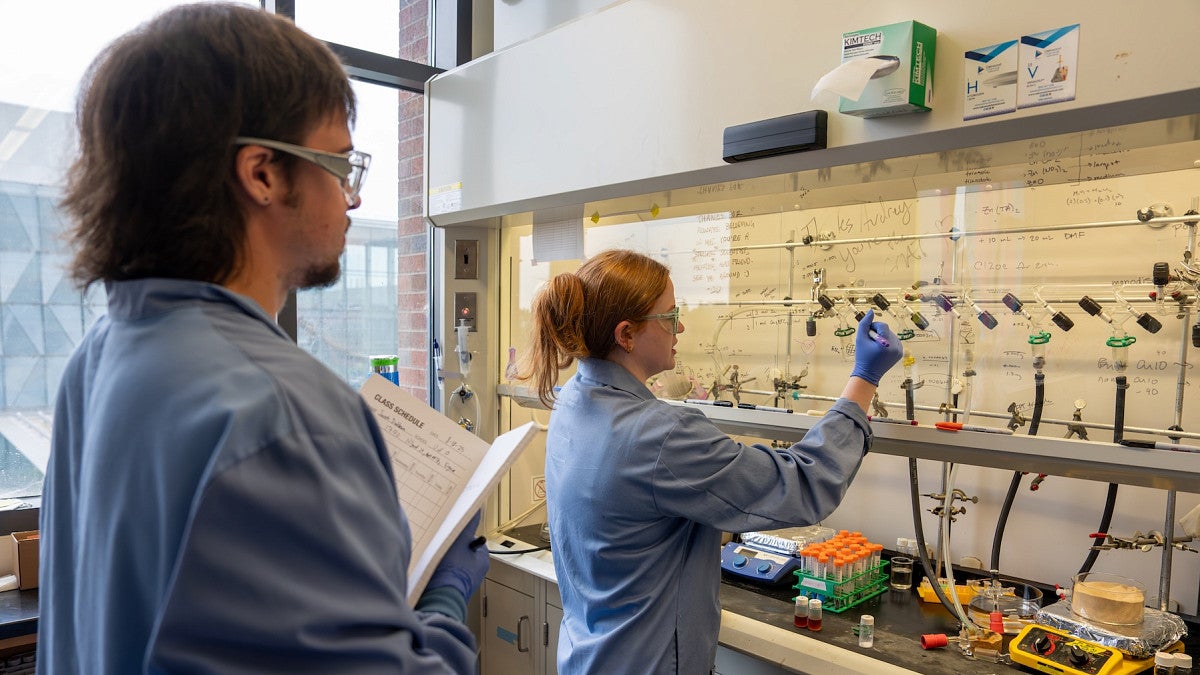
To achieve this goal, we will:
- Enhance areas of scholarly strength within and across disciplines via synergistic hiring or other targeted investments.
- Facilitate and expand faculty research activities.
Strategic Priority 05
Elevate and celebrate scholarship that advances the public good
Promote scholarship and innovation — within the College, across the University, and beyond — to make positive change and advance the public good. Embrace public scholarship and community engagement.
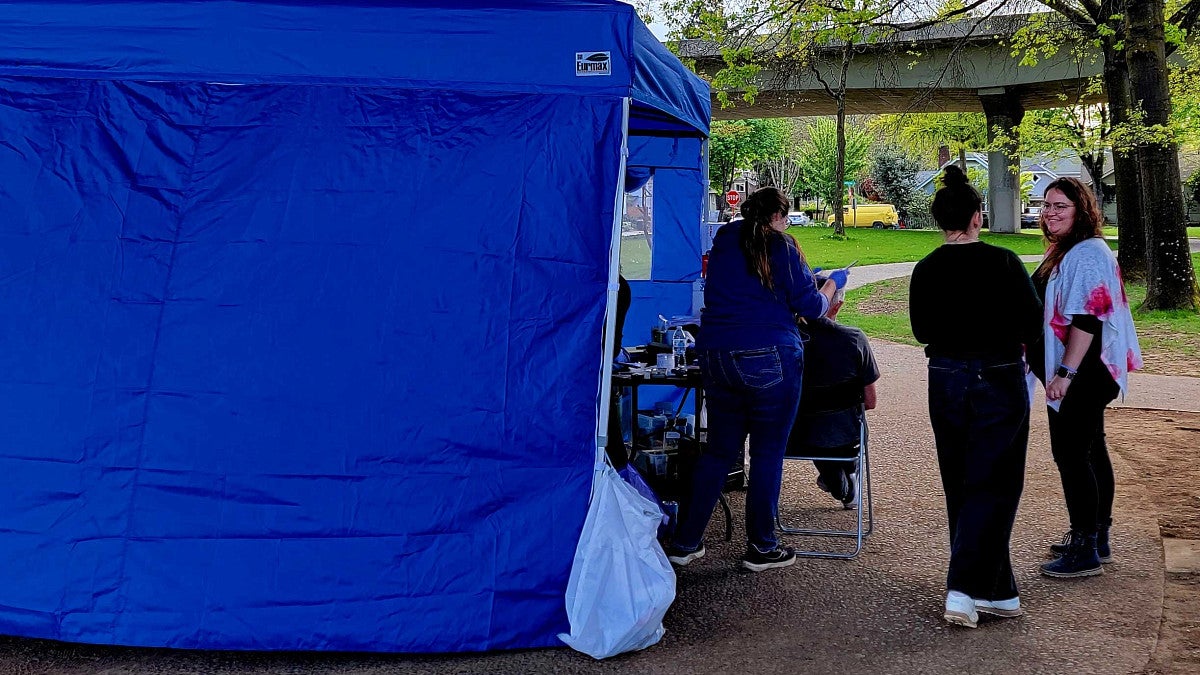
To achieve this goal, we will:
- Attract and retain outstanding faculty whose research, scholarship, and creative activity contributes meaningfully to the public good.
Strategic Priority 06
Create a culture where CAS is the preferred place to work, grow, and stay
Establish tailored and intentional structures to ensure that every member of the CAS community — especially those from traditionally underrepresented populations — feels connected, welcome, and valued with the support necessary to pursue their educational, professional, and scholarly ambitions. Identify the root cause(s) challenging recruitment and retention of students, staff, and/or faculty, and work systematically to improve. Wherever possible, apply universal design principles in instruction, collaboration, and physical space.
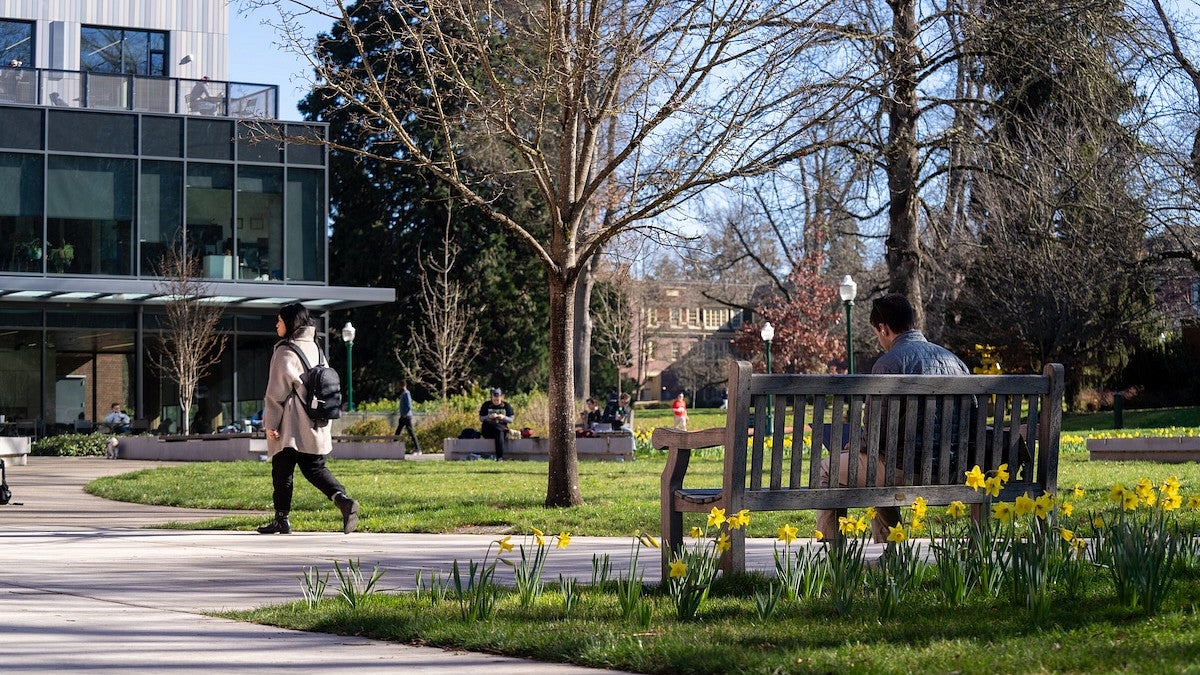
To achieve this goal, we will:
- Use exit interviews, existing data, and stay surveys to understand the factors that lead faculty and staff to stay at, or depart, the university to improve retention.
- Provide professional development, mentorship, and training opportunities for faculty and staff.
- Foster a sense of belonging for all members of the CAS community, recognizing that achieving this may require focused equity efforts for community members from underrepresented backgrounds.
Strategic Priority 07
Enable meaningful, high-value work
Clarify roles and decision-making structures, streamline processes, and distribute service more equitably across CAS. Create space for each member of the CAS community to perform important work in an effective way. Seek opportunities to remove siloes and increase collaboration between and among staff and faculty. Promote healthy norms around work-life balance.

To achieve this goal, we will:
- Enable employees to concentrate on the most meaningful and high-impact aspects of their roles.
- Promote equitable service assignments at the college and department level.

